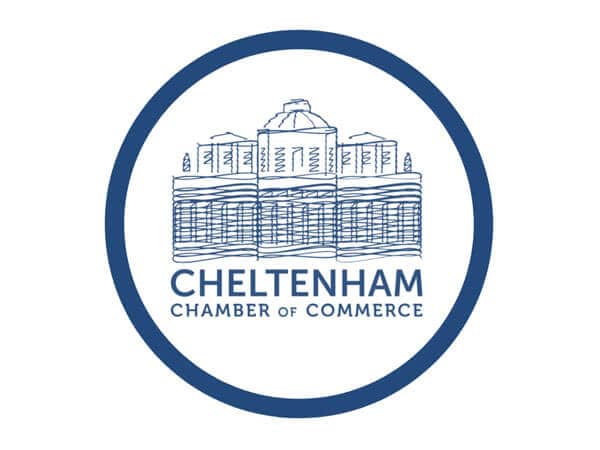Following a pause due to the coronavirus pandemic, HMRC is now restarting its investigations into business and personal taxes. Under proposed amendments to the Finance Bill 2020, HMRC is planning to recover payments and issue penalties on incorrect claims made under the Coronavirus Job Retention Scheme (CJRS) and the Self-employed Income Support Scheme (SEISS). HMRC also plans to tax the grants available.
There are many instances of payments being distributed to individuals and businesses that were not entitled to receive them. This includes situations such as two partners in a firm being unaware that the other had already made a claim under the schemes. In other cases there have been examples of ‘deliberate non-compliance’, such as employers asking employees to work whilst on furlough, or not passing on the full amount of grant received to their employees.
The proposed legislation to investigate incorrect claims will apply to all of the grants which fall under the heading of ‘COVID-19 support scheme payments’. As well as CJRS and SEISS, it will include the Small Business Grant Fund (SBGF), the Retail, Hospitality and Leisure Grant Fund (RHLGF) and the Discretionary Grant Fund.
SEISS compliance
All COVID-19 support scheme payments are taxable under either Income Tax or Corporation Tax as appropriate. For SEISS, the payments are to be treated as 2020/21 profits regardless of the business accounting date, and no allocation of the grant can be put back into March 2020. Any SEISS grants which are proved to be incorrect claims will be recovered by a 100% tax charge, applied independently of the self assessment tax return.
HMRC calculates the amount of grant payable for SEISS, and taxpayers are only asked to confirm that they meet the eligibility criteria. So it’s likely that any compliance checks will focus on cases where an individual did not continue to trade on a self-employed or partnership basis, at least throughout 2019/20.
CJRS compliance
CJRS claims may be more open to cases of fraud, and to date, HMRC has received around 1,900 reports of potential fraud related to the scheme. According to new research by a firm called Crossland Employment Solicitors, 34% of furloughed workers have been asked to do their usual job or take on administrative tasks. One in five employees claim they’ve been asked to cover for someone else, or take on work linked to their employer. Although some checks take place when the claim is filed, these focus on whether an employee was registered on the business payroll before 19 March 2020. There are no checks made on whether the amount being claimed is correct, or whether the employee is genuinely not working whilst being on furlough.
Directors also need to tread carefully. Whilst they must continue to meet their statutory duties to file returns with HMRC and Companies House whilst furloughed, they must not create income for their own business. This means they mustn’t carry out work for their business as a self-employed individual, while also claiming the CJRS grant for their director’s salary from that company.
If HMRC discovers incorrect claims, such as a claim that has been overpaid or not used to pay employee costs, it plans to raise Income Tax assessments to recover these payments from the employer. If mistakes in the amount claimed are accidental this will not incur a penalty charge, but any deliberate errors or misuse of the funds will result in penalties.
Penalties will also be levied if an error isn’t reported to HMRC within 30 days of making the claim. After 30 days, if a voluntary disclosure is made then the penalty will be between 30% and 100% of the over-claimed amounts. If HMRC prompts the disclosure then the penalty will be between 50% and 100% of the over-claimed amount.
Recouping costs from incorrect claims
The Government has made a large number of grants available to individuals and businesses in response to Covid-19, and these have come at a huge price to the state coffers. The pressure is now on HMRC to ensure that excess funds haven’t been made available to those not eligible to receive them. Be aware of HMRC’s focus in this area, and if you have any concerns about falling victim to a tax investigation now may be a good time to take out fee protection insurance. It won’t just be those who are actively defrauding the system who will be under the spotlight in HMRC’s bid to recover costs.
If you have any queries or concerns, would like to discuss taking out fee protection insurance, please get in touch and we’ll be happy to assist
Paish Tooth Limited
Tel: 01242 584050










